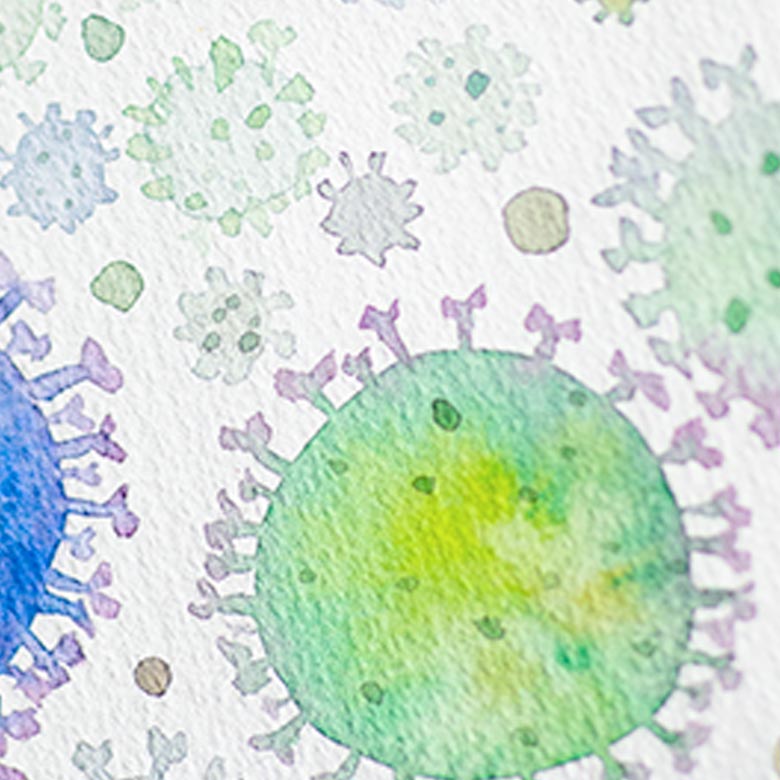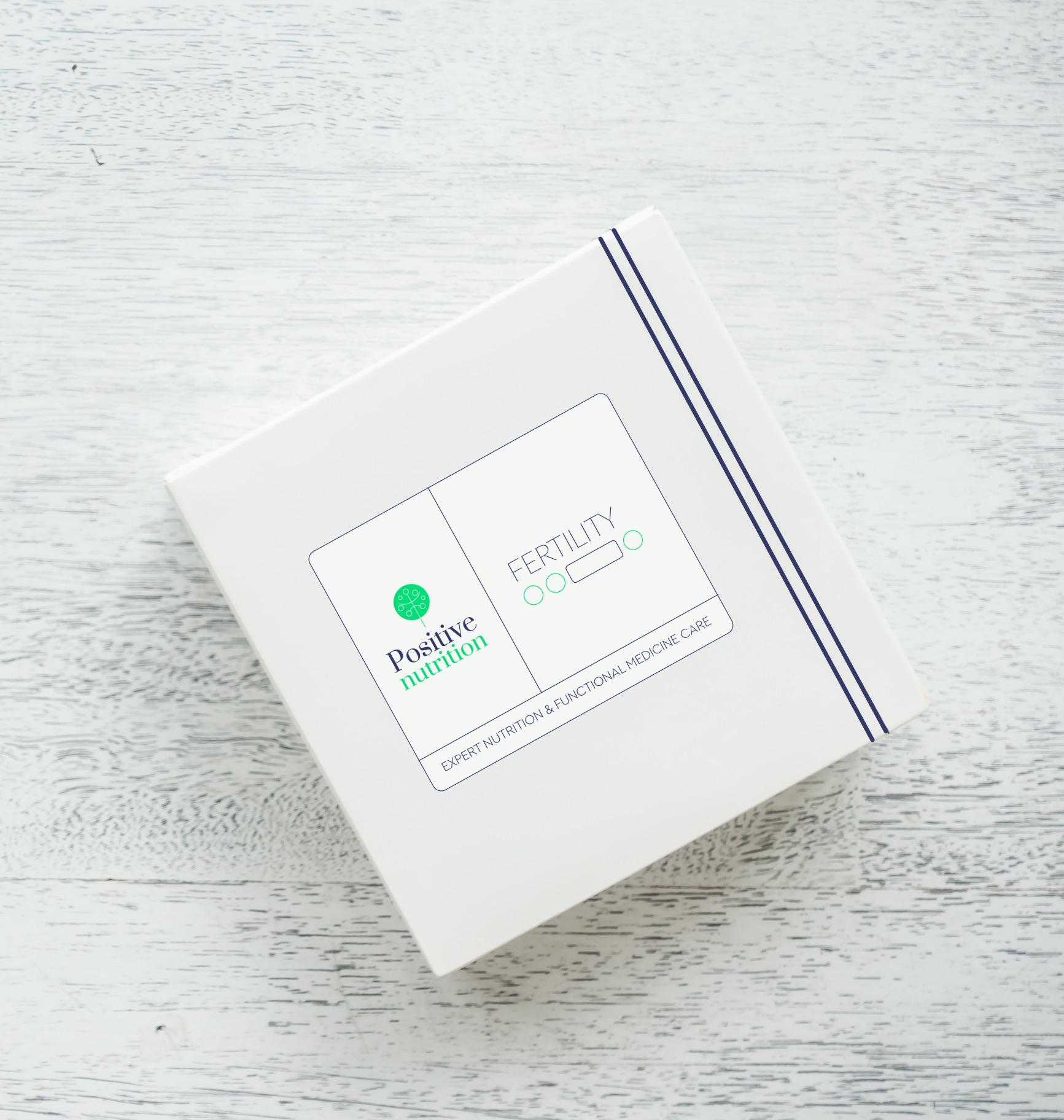Sperm DNA fragmentation test


Sperm DNA fragmentation test
€290.00
This tests for damage to DNA within the sperm which carries the important paternal genetic information. This is a critical parameter in sperm health and should be tested at the beginning of the fertility journey. Even with a normal semen analysis there still may be increased DNA fragmentation. Elevated DNA fragmentation is associated with infertility, poor embryo quality in IVF and ICSI, and miscarriage.
Who can benefit from this test?
Your nutritionist may recommend this test if you have:
- Started trying to conceive and would like to optimize your chance for a successful and healthy pregnancy
- Difficulties conceiving or anyone undergoing assisted reproduction or IVF/ ICSI
- A partner with recurrent miscarriage or implantation failure
- Poor semen quality or quantity on a regular semen analysis or unexplained infertility

Learn More about our Sperm DNA Fragmentation Test
Semen sample (at-home)
Increased DNA fragmentation plays a major role in infertility and miscarriage but is also very responsive to nutritional therapy. Your test results can be useful for tailoring your nutritional, supplement and lifestyle recommendations to increase protective antioxidants in the diet and reduce sources of inflammation and damage to sperm.
This test measures:
- Percentage of sperm with DNA fragmentation or DNA damage in a semen sample – if the percentage is higher than 15%, this increases your risk for fertility issues and miscarriage. Greater than 30% is very high risk
Graham was trying to conceive with his partner through IVF. He had low sperm count, poor motility and morphology and this test identified raised DNA fragmentation at 27%. He underwent additional testing to identify nutrient deficiencies in key antioxidants including vitamin C, vitamin D and zinc that help to protect sperm.
Graham started on a nutritional and supplement protocol to restore these deficiencies and reduce stress and IBS symptoms he was having. Three months later he repeated his tests and all parameters were improved. His DNA fragmentation was in the healthy range of <15%.
Graham and his wife conceived successfully and had a gorgeous baby girl 9 months later.
Key Findings:
- Elevated DNA fragmentation at 27% at initial test
- Three months after his nutritional therapy protocol, normal level of DNA fragmentation on repeat test
